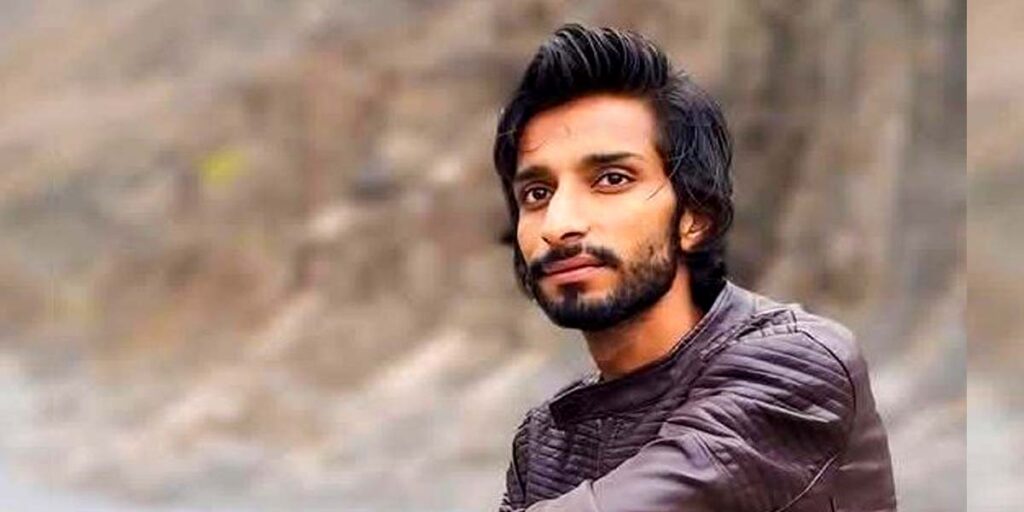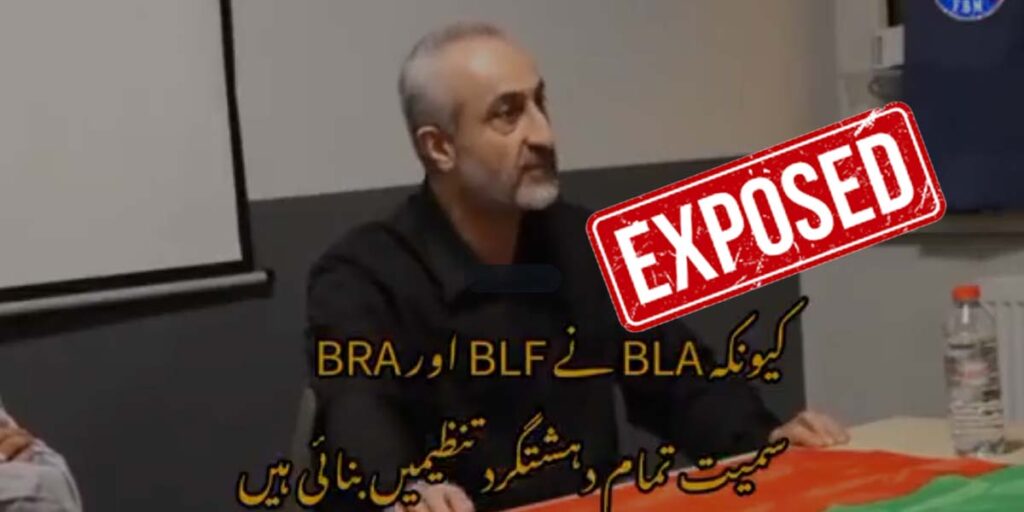QUETTA: In a swift intelligence-based operation, security forces arrested a high-profile BLA commander, Gulzar Dost, in Absar, a locality of Turbat, Balochistan.
Intelligence reports reveal that Gulzar was in contact with handlers in New Delhi through satellite links, and it was one such unencrypted call that eventually exposed his entire network.
Known locally as a civil society convener in Turbat, Gulzar allegedly used this front to provide safe houses and logistical support to BLA sleeper cells.
The breakthrough came after a recent IED blast in the area when a suspicious satellite phone call was intercepted through signal intelligence.
Geo-fencing led investigators to a specific compound in Absar — the very residence used by Gulzar Dost.
His arrest is being seen as a major operational blow to the BLA, which had claimed responsibility for 302 attacks in 2024 alone.
Disrupting such networks significantly weakens their field-level command and control structures.
Just weeks ago, joint Iranian crackdowns and Pakistani counter-operations had already crippled several India-backed cells.
The capture of Gulzar Dost is another decisive step in dismantling such networks.
This development also raises serious questions about the misuse of human rights activism as a cover for hybrid warfare.
The exposure of Gulzar’s dual role reinforces the argument that not all activism is innocent — some may be embedded in subversive agendas under the guise of civilian engagement.
While the Turbat operation may seem like just another arrest, it marks a high point in the covert war being fought in Balochistan — a battleground for hybrid threats.
The dismantling of Gulzar Dost’s network signals that the state’s intelligence machinery not only monitors ground realities but is also fully capable of exposing the so-called civilian layers of hostile networks.
ALSO READ: BLA’s confession of attacks on civilians exposes its agenda
The message to hostile powers — particularly India — is clear: changing masks doesn’t hide identities; the law eventually sees through all.





